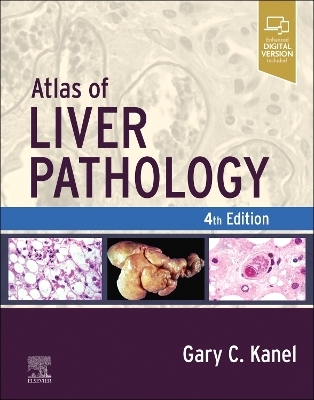
The Hepatitis E Virus
Pigs Might Fly
Seiten
2019
|
Unabridged edition
Cambridge Scholars Publishing (Verlag)
978-1-5275-2352-4 (ISBN)
Cambridge Scholars Publishing (Verlag)
978-1-5275-2352-4 (ISBN)
This volume is an account of scientific discovery related to the hepatitis E virus (HEV). HEV was first identified in Afghanistan in 1982 by a remarkably courageous act of self-experimentation by a Russian scientist. Following this, it was found that, in some developing countries in Asia and Africa, HEV was the cause of enormous outbreaks of hepatitis spread by infected drinking water, with a 25% death rate in pregnant women. For many years, HEV was thought not to be an issue in high-income countries and was only seen in travellers returning from high risk areas: it was considered a “back-packers’” disease. We now know that this was hopelessly wrong as HEV is very common in developed countries, with currently over 2 million infections per year in Europe. Here, HEV is found in pigs and spread mainly via consumption of contaminated pork meat. There has been a major increase in cases of HEV in many developed countries, including patients who have suffered liver failure, some of whom have died. We now know that HEV can also cause severe damage to the nervous system.This book describes an English doctor’s contribution to the discovery of the impact of HEV in humans. Recent cases in the UK appear to have originated from pigs in Continental Europe and HEV was, as a consequence, dubbed by the international press as the ‘Brexit Virus’; perhaps an early leaving present from our friends in the EU. Accessible to lay readers, the text includes case histories and stories from a health service increasingly under pressure and given context by examples of medical discoveries from the past. The role of the meat production industry, including questionable on-going high-risk virological practices, is put under the spotlight, leading to inevitable comparisons with the BSE crisis of the 1980s. HEV continues to exact a heavy toll in some low-income countries, most notably with multiple large outbreaks in African refugee camps. Despite the best efforts of organisations such as Médecins Sans Frontières, each year, pregnant women continue to die by the score. This is particularly poignant as these deaths may be avoidable, as there is a safe and effective vaccine. However, the HEV vaccine is only licensed for use in China, and, so far, efforts to introduce it to Africa have hit a brick wall of politics and red tape.
Harry Dalton qualified in Medicine at the University of London, UK. His postgraduate training include a period of research at the University of Oxford. Dr Dalton worked as a Clinical Gastroenterologist in Cornwall UK for 24 years, and has been studying the hepatitis E virus (HEV) for over a decade. He has written extensively on this subject, and is a co-author of an award-winning book on communication skills. He recently retired from clinical medicine.
| Erscheinungsdatum | 07.03.2019 |
|---|---|
| Verlagsort | Newcastle upon Tyne |
| Sprache | englisch |
| Maße | 148 x 212 mm |
| Themenwelt | Medizinische Fachgebiete ► Innere Medizin ► Hepatologie |
| Studium ► Querschnittsbereiche ► Epidemiologie / Med. Biometrie | |
| Studium ► Querschnittsbereiche ► Geschichte / Ethik der Medizin | |
| ISBN-10 | 1-5275-2352-7 / 1527523527 |
| ISBN-13 | 978-1-5275-2352-4 / 9781527523524 |
| Zustand | Neuware |
| Informationen gemäß Produktsicherheitsverordnung (GPSR) | |
| Haben Sie eine Frage zum Produkt? |
Mehr entdecken
aus dem Bereich
aus dem Bereich
Diagnostik, Differenzialdiagnostik, Therapieansätze
Buch (2016)
Thieme (Verlag)
CHF 148,80
Buch | Softcover (2020)
Wiley-Blackwell (Verlag)
CHF 119,95
Buch | Hardcover (2023)
Elsevier - Health Sciences Division (Verlag)
CHF 369,95


